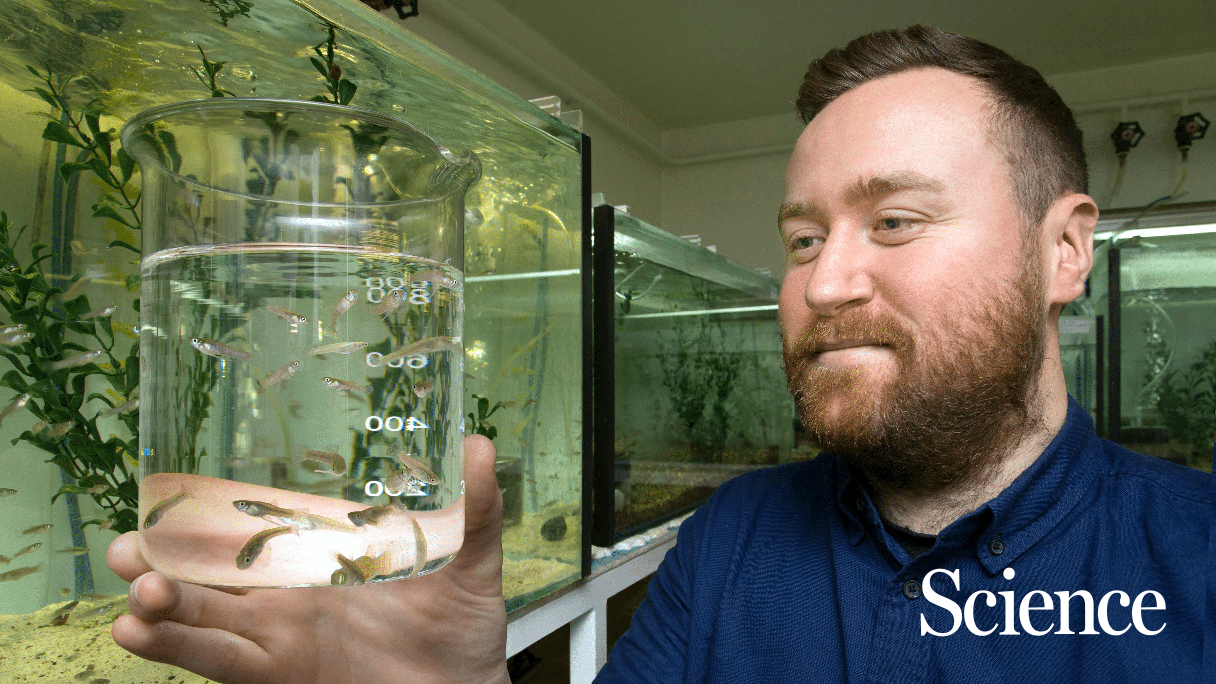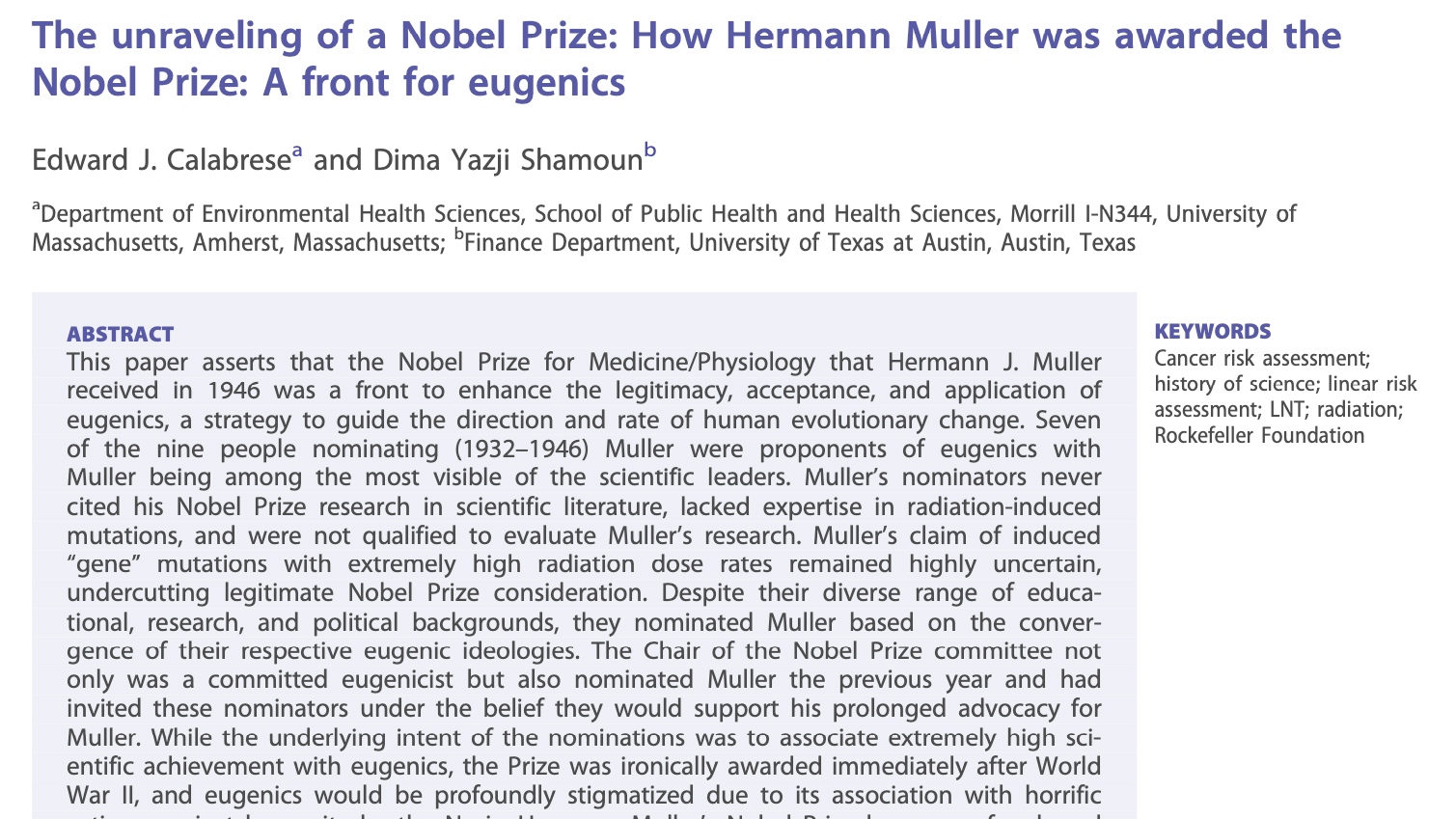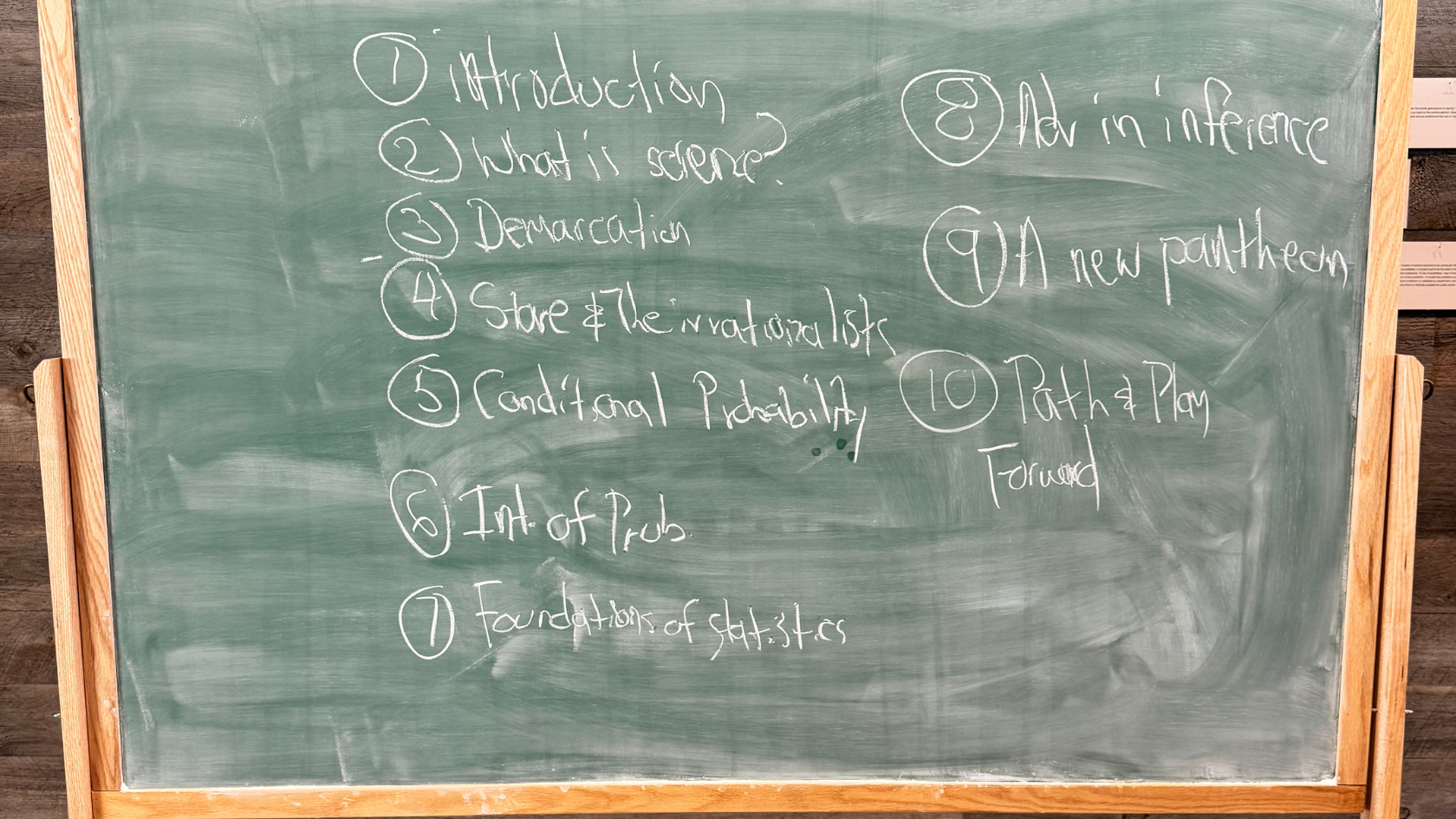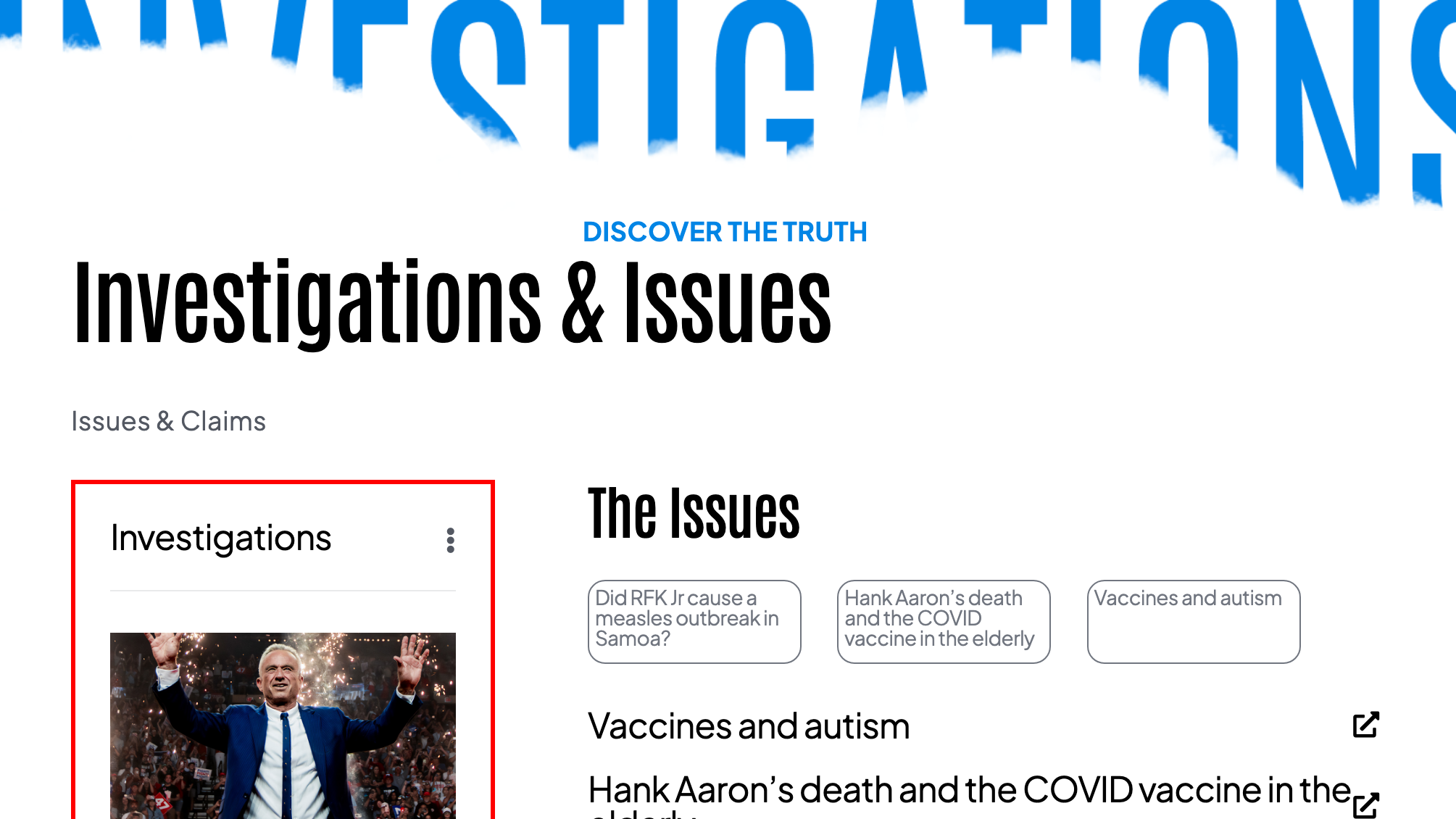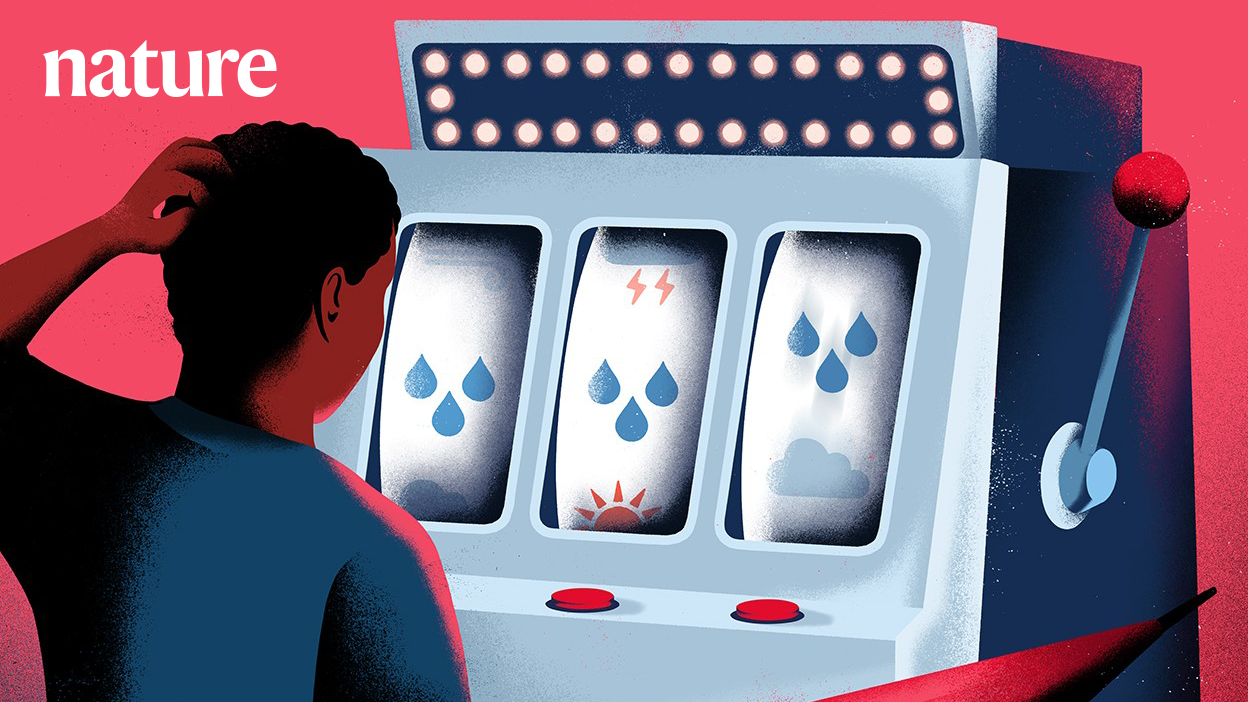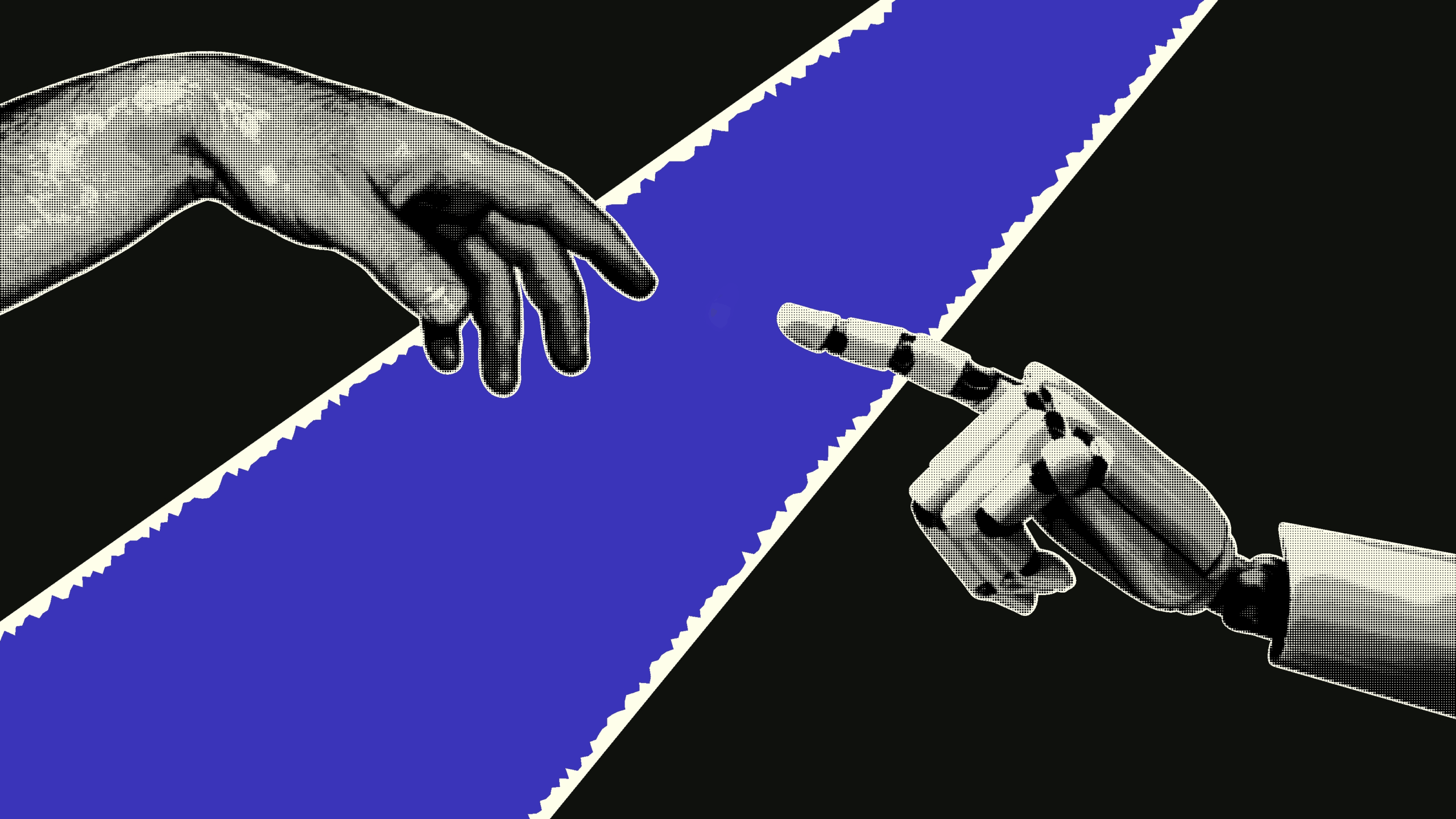All Content
All Content
By using the names of real scientists but providing fake email addresses, nearly 22 papers were found to contain fake peer reviews.
Was the 1946 Nobel Prize in Medicine/Physiology strategically awarded to promote eugenics?
BSI Is excited to release our Investigation section of the Broken Science web site. This page features investigative work we've been doing in the background.
All of statistics and much of science depends on probability — an astonishing achievement, considering no one’s really sure what it is.
Live Q&A with Emily Kaplan, Matt Souza, Karen Thomson, and Dale King
Jaynes foresaw reasoning machines aiding human inquiry, but modern AI's misuse, such as in academic fraud, underscores the necessity of scientific rigor.
By Mia KotalikAs reported by the BBC, Bartlett’s podcast “is amplifying harmful health misinformation on his number-one ranked podcast.”
